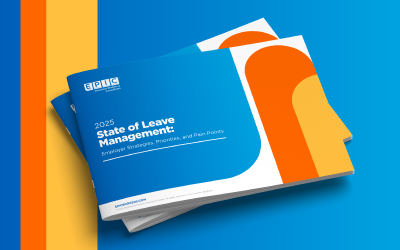The recent Google-Ascension personal health data transfer leak has caused quite an uproar. Google initiative Project Nightingale collected private health data, identifying details and all, from Ascension’s healthcare facilities across 21 states from millions of patients – unbeknownst to them until recently. Since the news broke new bipartisan legislation has been proposed to combat mining of sensitive health data from wearable devices (see the SMARTWATCH bill). And just a few days after the leak, Google almost published sensitive data tied to 100,000 chest x-rays.
The California Consumer Privacy Act (CCPA), effective in January 2020, can’t come soon enough in the wake of these data nightmares. Much like the European Union’s General Data Protection and Regulation (GDPR) legislation, the CCPA requires systematic changes to business processes and supporting technology. It is the nation’s first statewide privacy law and like GDPR it seems to have teeth.
Thoughts from Allison Hasday
All of this has got me thinking about how private health data is defined and how is it used in the age of “big data.” I am aware that currently, any electronic record of mine could end up in the public domain in some form at some point, whether I want it to or not – and whether it is completely anonymized or not. But as I consider the value impact that big data trends can have on society overall this becomes more of a public health concern to me. If our data is no longer truly private, then how it is being used weighs more heavily on my mind than security.
Will we be able to build accurate public health databases? Will they able to draw valid, unbiased conclusions that will impact the greater society, or will their software algorithms perpetuate the implicit racial and ethnic bias that exists in healthcare today? If Google and Ascension can securely share data amongst a wide variety of social and economic classes, then it should prove to be a fruitful relationship and help the greater population of the United States regarding disease management and improved healthcare delivery.
Government and consumer activists will no doubt reign in data in the public domain; but for now, as more providers move to electronic health records, big data is having a field day. The Google-Ascension project is not the first of its kind and certainly won’t be the last. If the trend continues, we could have very interesting public health data outcomes, but possibly at the price of losing complete anonymity. It will be very interesting to see how public health and data privacy concerns play out on the healthcare stage. Stay tuned.
Related Content
Products
Employee Benefits Consulting
Our dedicated benefits team is focused on delivering better outcomes – to both your benefits program and ...
Industries
Healthcare
Our healthcare practice is known around the world for its expertise and passion in delivering exceptional ...
Products
Pharmacy Solutions
Our Pharmacy Consulting Practice helps companies navigate the unique complexities of expertly managing the ...


